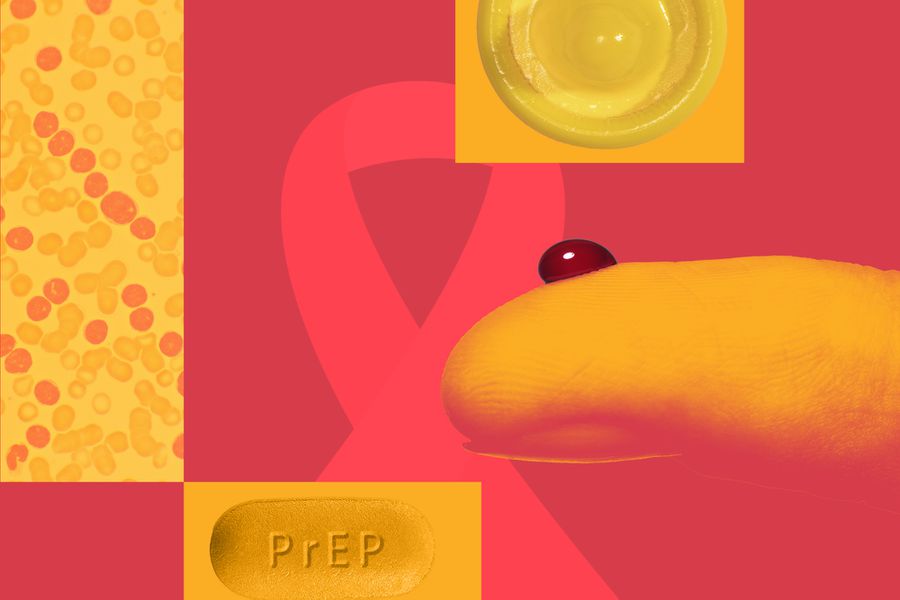
HIV may be the story line of your favorite movies (Bohemian Rhapsody, Dallas Buyers Club, Philadelphia, Rent). But unfortunately, because these films take place in the early 1990s, many people wrongly assume HIV is a virus of the past.
How Often Should You Get Tested for HIV?
It depends. The CDC recommends that every person between 13 and 64 get tested at least once in their lifetime and that those at higher risk — which the organization defines as intravenous drug users, sex workers, and gay, bisexual, and other men who report male-to-male sexual contact — should be tested more often.
However, because viruses do not discriminate based on gender, sexuality, or profession, most sexual health pros recommend getting tested more frequently than that. “Anybody who is sexually active and isn’t 100-percent sure of their partner’s current status should be getting tested regularly,” says Rymland. (More here: How Often Should You Really Get Tested for STIs?)
Exactly How to Protect Yourself from HIV
The good news is that there are plenty of steps you can take to protect yourself from unwanted HIV transmission.
Most notably, a prescription medication called PrEP which, when ingested orally, greatly reduces the risk of an HIV-negative individual acquiring HIV if they come into contact with it, either via sex or drugs. “PrEP is a safe, incredibly effective medication for preventing HIV that anyone who thinks they may be at risk of HIV should consider,” says Rymland. Thankfully, the Affordable Care Act now requires many insurance plans to cover PrEP with no cost to the patient, she adds.
Beyond that, HIV prevention includes all the same things you’re familiar with for protecting yourself against other sexually transmitted infections: knowing your own status, talking about STI status with any new partners, and using protection (condoms, internal condoms, dental dams) with individuals who do not know their current status and/or those who are positive. Because HIV can also be spread through dirty needles, avoid sharing needles, syringes, and other injection equipment.






































